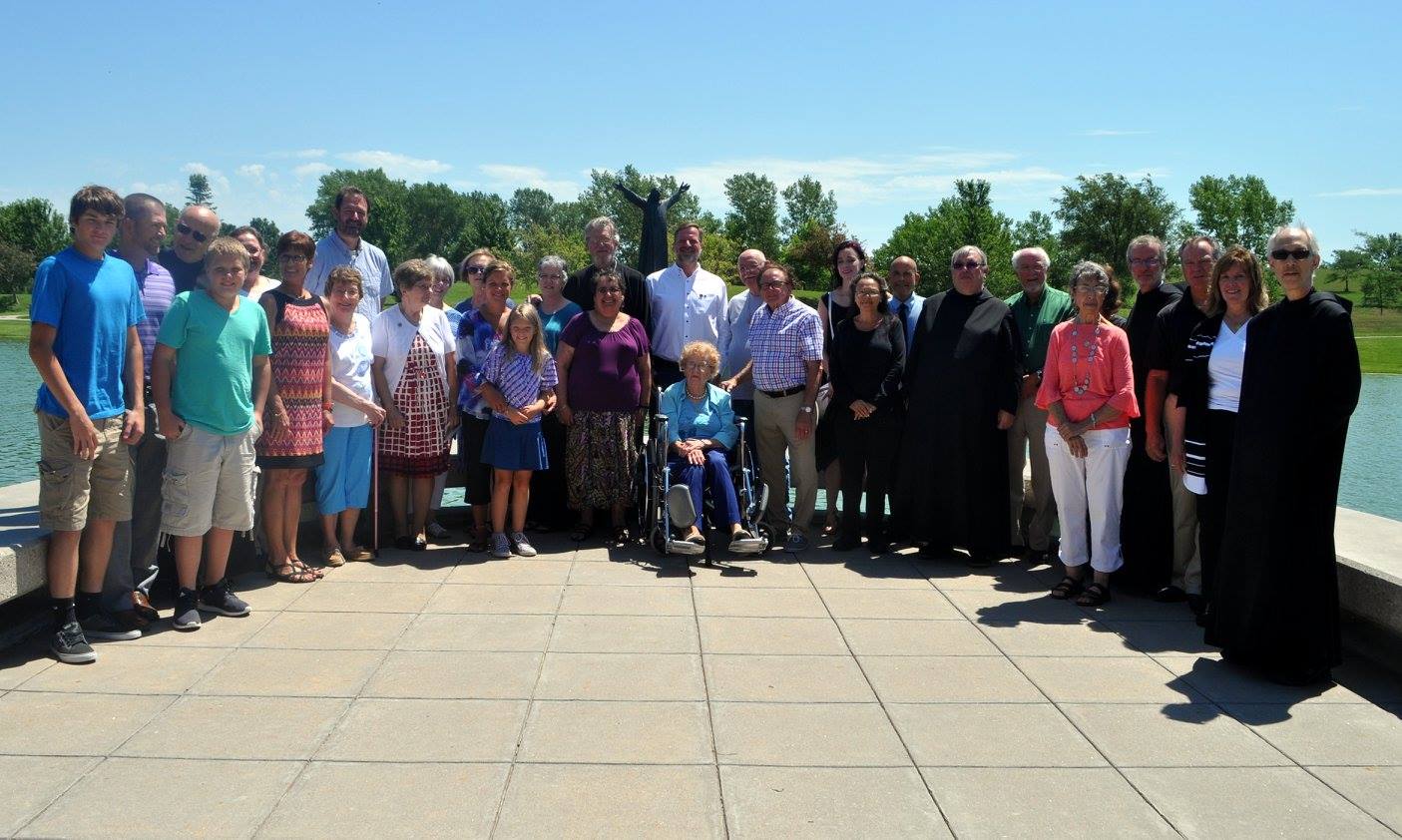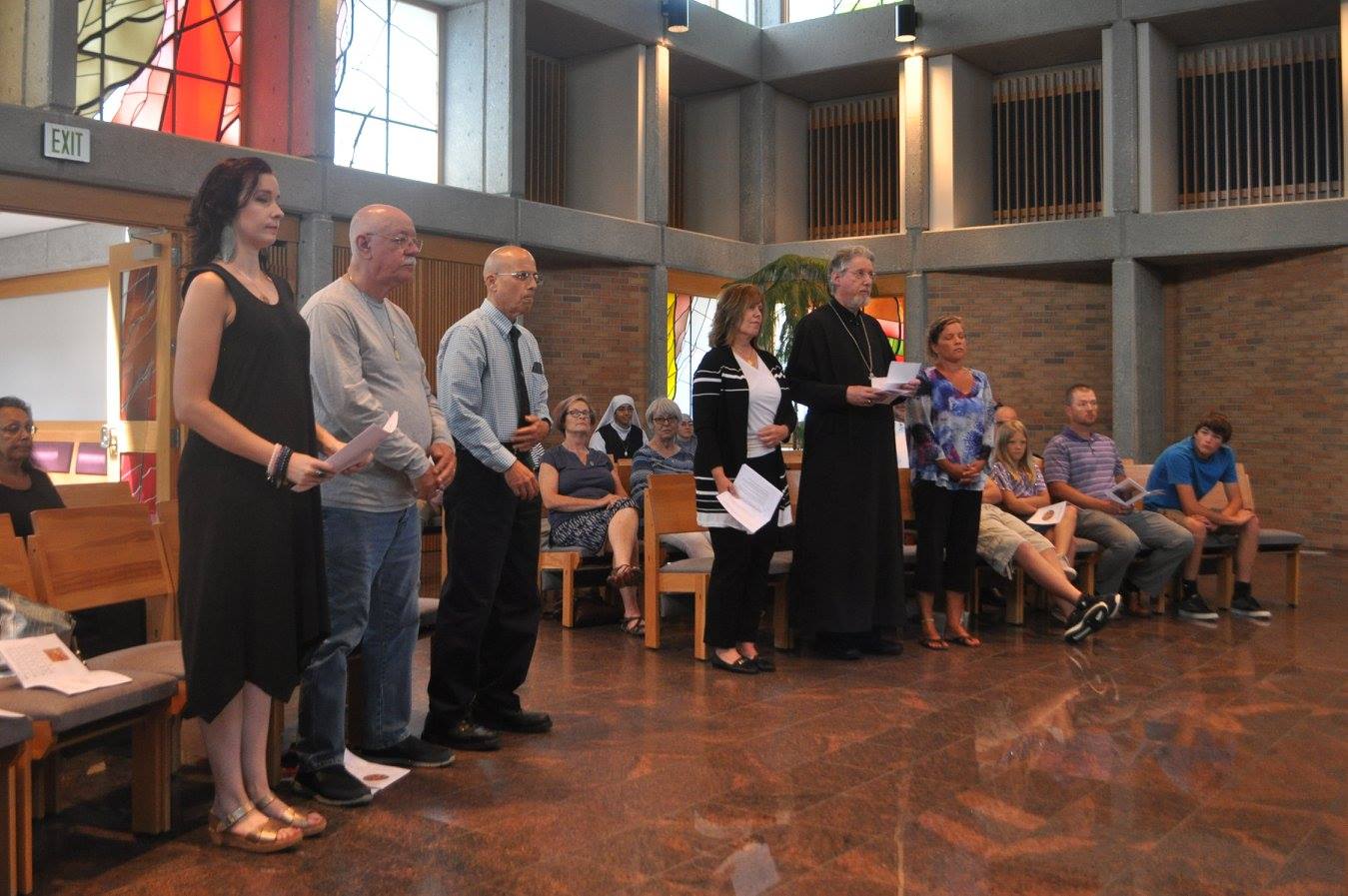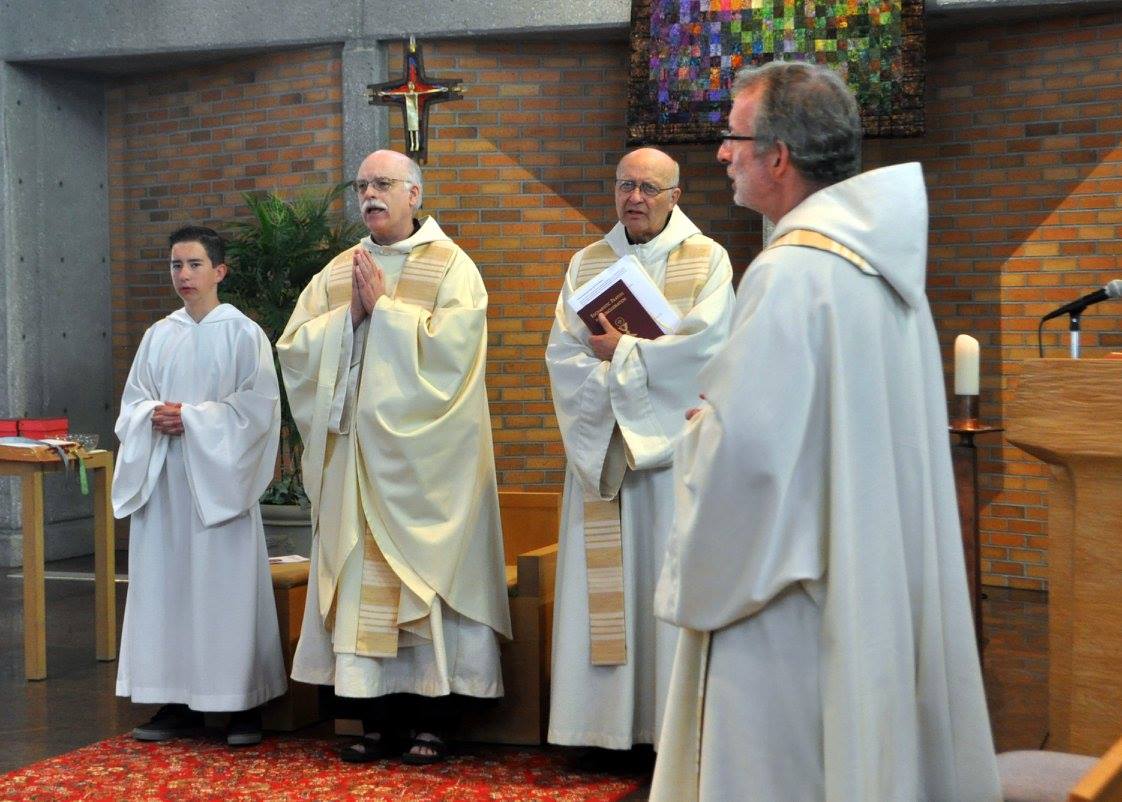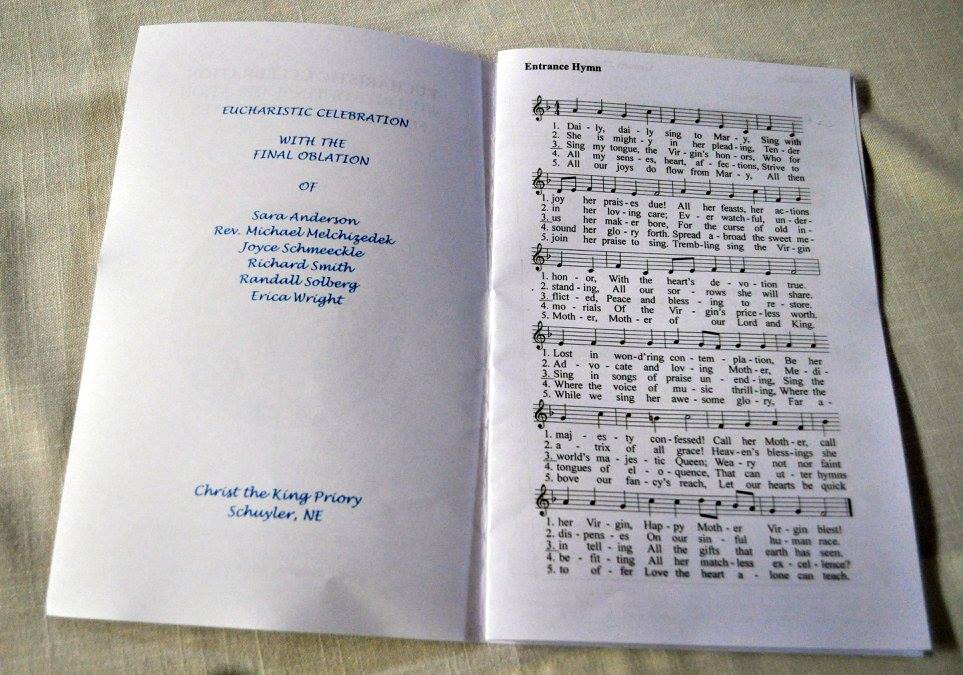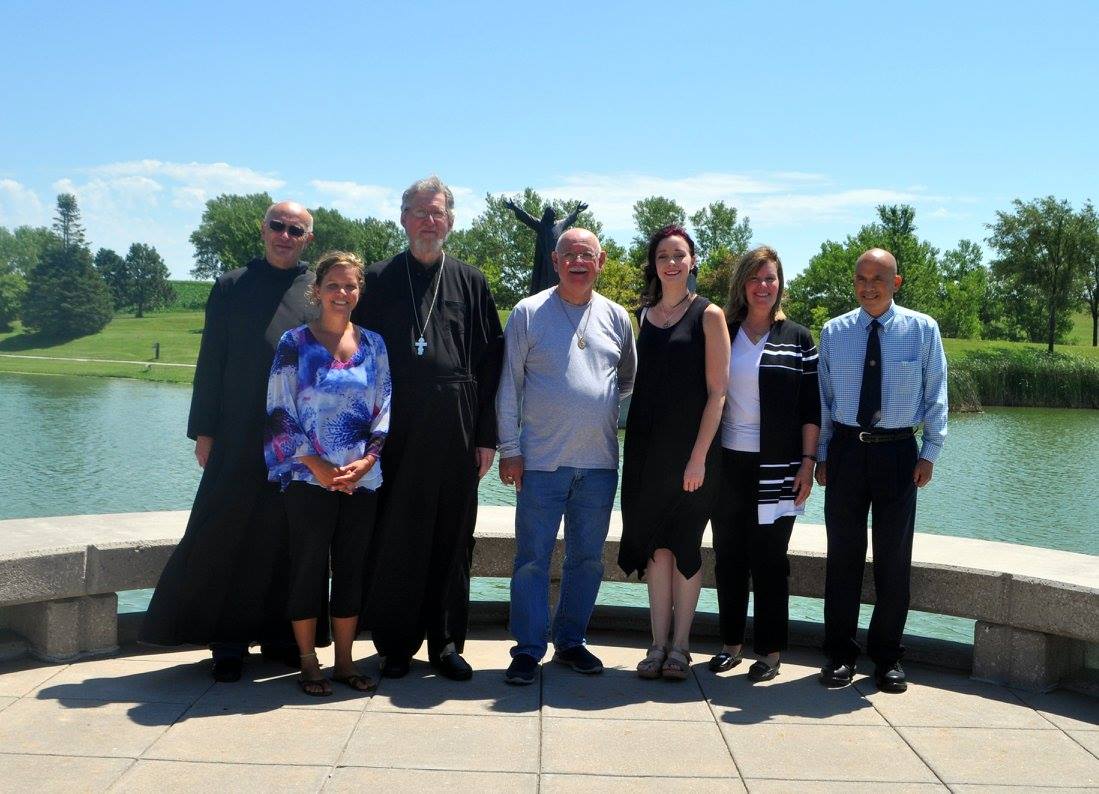13th Saturday Ord Time – I
Gn 27:1–5, 15–29; Mt 9:14–17
Can the wedding guests mourn as long as the bridegroom is with them?…
No one patches an old cloak with a piece of unshrunken cloth…
People do not put new wine into old wineskins… from the gospel of the day
As we listen to the gospel for today taken from Matthew, we have the distinct feeling that Jesus is coming down on the side of: “Something new is happening here; get with it, folks.” He presents it in a series of contrasts: fasting or feasting; wedding or mourning; new patch or old cloak; new wine or old skins. Interestingly enough, Jesus does not condemn the old; he does not tell us to throw out the old cloak or never to cry. What he is calling us to is to respond to the current situation. The bridegroom is here, it is not the time for mourning. The wine is fresh, use new skins! Are you and I in tune with what is happening now? Do we have the suitable container or attitude that goes with what is at hand? Keep in mind, that what is at hand is something new. How do we respond? What do we come forward with to hold this new spirit, this new life in Christ? Or perhaps for the new life that new oblates commit themselves to today? Is it something stuck into or onto the old, or is a new moment, a new opportunity, a walking, or running as St. Benedict says, on a new path?
Today we have six oblates that will make a final oblation to take up the spirit and some practice of the Rule of Benedict and live it in their daily lives. I would like to think that over the past few years you have been in a process of letting something new happen in your lives. The threads of your life have met with new colors, a new stich, and a new patch has been woven. Now you come forward to place it into the large cloth, the wedding garment if you will. Or to use Jesus’ other image, over the probation period, the grapes of your life, your blood, if you push the image further, has been fermenting and now the new wine of your Benedictine-associated life is ready to be put into the wineskin of the Benedictine family of oblates and this monastic community.
And what is this new piece of cloth, this new wine? For each of you it is something unique. You discovered an affinity in yourself with the monastic way. Deep down, you saw the threads of your monastic soul or heart. Perhaps they were dormant or perhaps you had to set to work to test them to make sure they were of the color and texture of the monastic patch in God’s wonderful garment that clothes humanity. But you discovered it! Maybe it was the balance, the moderation that Benedict so frequently puts forward as a key virtue. Perhaps it is humility, Benedict’s criteria for being a fully integrated human being; perhaps it is the discovery that patience is what helps me to live through and make sense of the suffering in my life and that of society. Perhaps it is the regular rhythm of praying the psalms that we do here in community that struck a chord in the music that is already playing in your heart. Each of you has found something in our Benedictine Way that is and has become part of the fabric of your life.
Our Church, our Christian tradition, is rich in color and sound. Many people look for what tune fills them with peace and joy. We call them traditions of spirituality, methods of prayer. You have found that your voice harmonizes best with the Benedictine Way. It takes time to discover that. The search for God has many paths but in prayer and practice, this monastic way has caused your heart to be expanded, and in your lectio you have heard the voice of God speaking to you. Today you come forward with your own new wine, your own new threads and you say yes to that. You say: this is how I can live out the Gospel in my daily rising and setting.
Jesus seems to believe that his presence means that a wedding is going on. An intimate relationship between God and his people is coming to a climax. How can one mourn at a wedding? The presence of Jesus does change things; a new stage of development in humanity’s relationship with God is in the works. Can we recognize this moment when it comes or are we stuck in the way God should act or worse, in the way I think things should be, even with God?
There are two things Benedict says the monastic person should prefer. We might translate it like or love. But Benedict says prefer. The first is the work of God and the second is the love of Christ. The first means constantly and consistently listening to God’s story in such a way that my story is found in it. And the second is, love Christ, the love bridegroom who loves me and us wherever we are on the journey of life. Love the one whose life was an oblation, an offering, poured out so that you and I can rise and with joy continue our life into the Kingdom of God.
Fr. Prior Joel Macul, OSB
